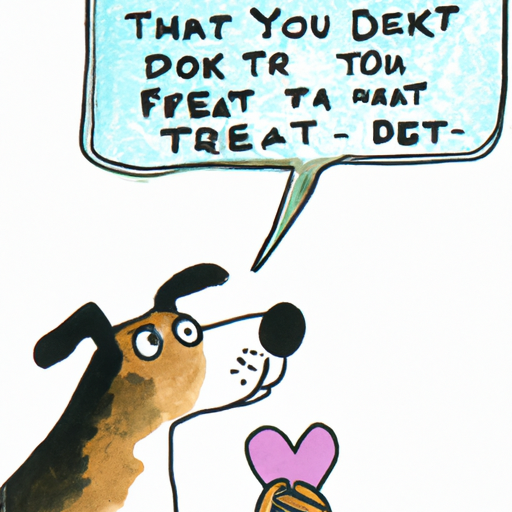1. The Deep-rooted bond between Humans and Dogs
You may often wonder, why does my dog seem to love me so much? The answer is rooted in thousands of years of co-evolution and mutual dependency. Humans and dogs have been companions for over 20,000 years, and this deep-rooted bond has allowed for a unique understanding and affection to develop.
- Domestication: Dogs were probably the first domesticated animals, and they’ve had a lot more time than any other species to adapt to humans’ habits and behaviors.
- Dependency: Over the years, dogs have grown to depend on humans for food, shelter, and safety. This dependency has further strengthened their bond with us.
2. Communication is Key
Dogs have developed an exceptional ability to understand and communicate with humans. They are experts at reading our body language, vocal tones, and emotions.
- Body language: Dogs have become adept at reading human expressions and body language, which helps them understand our emotions and intentions.
- Vocal cues: Dogs are not just responsive to our commands, but they also understand the tone and pitch of our voice.
3. Emotional Connection
Dogs love humans because they form emotional connections with us, much like we do with other humans. They develop a sense of loyalty and affection for their human companions.
- Empathy: Dogs are capable of empathizing with human emotions. If you’re sad, they’ll likely be there to comfort you.
- Loyalty: Dogs are incredibly loyal creatures, which further strengthens their love for their human companions.
| Emotional Traits | Description |
|---|---|
| Empathy | Dogs can sense and respond to human emotions |
| Loyalty | Dogs remain loyal to their human companions |
4. The Science of Love
Scientifically, dogs love humans much like humans love each other. When dogs and humans interact, the hormone oxytocin, often associated with feelings of love and affection, is released in both species.
- Oxytocin: This hormone, also known as the ‘love hormone,’ helps in bonding and fosters trust and affection.
- Dopamine: Interaction with humans also triggers the release of dopamine in dogs, a chemical associated with pleasure and reward.
5. The Role of Positive Reinforcement
Positive reinforcement plays a significant role in why dogs love humans. Dogs learn to associate their human companions with all the good things in their life.
- Food and treats: Dogs associate their human companions with food, treats, and other forms of positive reinforcement.
- Affection and praise: Dogs love praise and affection, and they learn to associate these rewards with their human companions.
FAQ
Q: Why does my dog seem to love me more than other humans?
A: Dogs form strong emotional bonds with their primary caregivers. This bond is often stronger than their relationships with other humans.
Q: Do dogs understand when I talk to them?
A: Yes, dogs can understand certain words and vocal cues. They also pick up on body language and tone of voice.
Q: Do dogs feel the same kind of love for humans as humans do for each other?
A: While we can’t be sure of the exact emotions dogs experience, research suggests that they do feel a sense of love and affection for their human companions.
Q: How can I strengthen the bond with my dog?
A: Regular interaction, positive reinforcement, and spending quality time together can help strengthen your bond with your dog.
Q: Can dogs sense human emotions?
A: Yes, dogs have a remarkable ability to pick up on human emotions and often respond empathetically.



